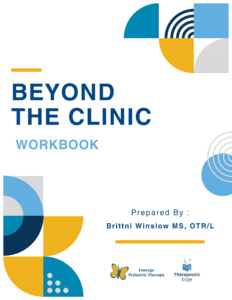

Here’s a section from an article in Frontiers of Psychology:
“While interoception is a term that has gained and still is gaining popularity in the academic literature since the start of the millennium, consensus on its meaning is as yet not fully established. What is generally agreed upon by most current scholars is that interoception is the perception of the state of the body. The restrictive meaning holds that only sensations stemming from viscera are interoceptive. However, throughout this review interoception is used in the inclusive sense; as an umbrella term for the phenomenological experience of the body state, an experience which is ultimately a product of the central nervous system (CNS), regardless of what information the brain uses and does not use to construct this experience” (Ceunen, Blaeyen, & Van Diest, p.1, 2016).
Interoception is what makes me Cara and what makes you, you. It’s all of our emotions, feelings, the way we feel our body, and organs. We all create body maps to help with our basic survival and comfort.
When you feel hungry or like you have to go to the bathroom, you ‘feel’ your body. You know when you feel sad, happy, and tired. Our organs create signals to indicate certain body processes.
Have you ever felt your heart beating when you’re stressed? The rate becomes fast and you need to take deep breaths and slow it down. Stress hormones cause our body to respond in fight, flight, or flee and our body responds with emotions and actions designed to protect us.
When you feel hungry, your stomach ‘tells’ you by making gurgle sounds. We might describe the feeling as fluttering butterflies. Many of our children with sensory processing difficulties don’t feel the messages their bodies and organs are telling them! Others feel their body’s messages way too much! Let’s think about it…
Many children with special needs struggle with emotional awareness. Yet, we expect them to learn to ‘read’ others’ emotions. This is an unrealistic expectation because they need to understand their own feelings first! If you feel angry, your face may feel hot and you may sweat. What do you feel if you’re afraid?
Our goal with interoceptive awareness is to help our students to identify what their bodies feel.
Here’s an earlier blog post: 5 Facts About INTEROCEPTION.

There are so many ideas and things you can do at home and with your students (and yourself too) to learn about interoception. Body scans, adorable character friends, and fun activities are all in my new INTEROCEPTION book……..Sensing My World from the INSIDE OUT from Amazon.

References Ceunen, E., Vlaeyen, J. W., & Van Diest, I. (2016). On the Origin of Interoception. Frontiers in psychology, 7, 743. doi:10.3389/fpsyg.2016.00743


